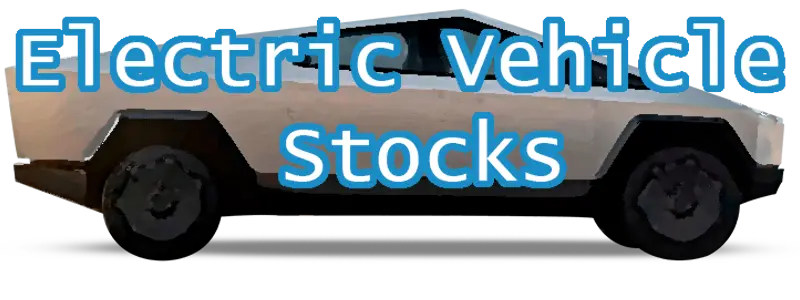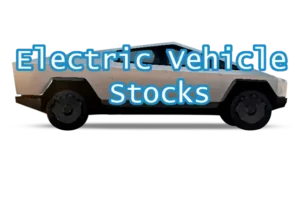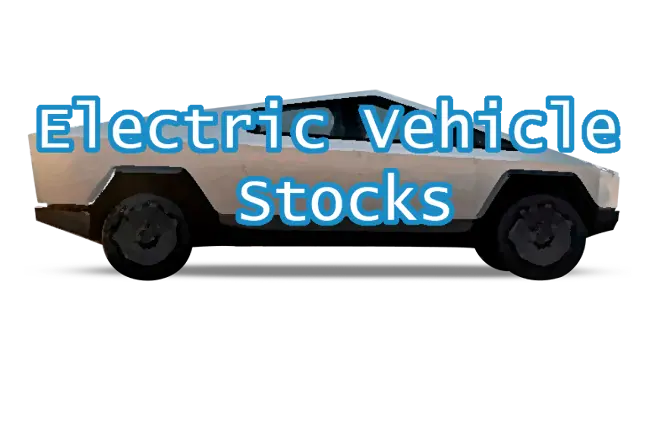As the world seeks to transition to a sustainable energy future, the integration of electric vehicles (EVs) with renewable energy sources holds significant promise. Electric vehicles offer a clean and efficient mode of transportation, while renewable energy technologies, such as solar and wind power, provide a sustainable and carbon-free electricity generation solution. This article explores the synergies between electric vehicles and renewable energy, highlighting the benefits, challenges, and opportunities associated with their integration.
Benefits of Electric Vehicles and Renewable Energy Integration:
- Reduction in Carbon Emissions: By using electricity from renewable sources to power EVs, the transportation sector can significantly reduce its carbon footprint. This integration enables a shift away from fossil fuel-dependent vehicles, leading to cleaner air and a substantial reduction in greenhouse gas emissions.
- Energy Independence and Security: The coupling of electric vehicles with renewable energy enhances energy independence, reducing reliance on imported fossil fuels. By utilizing locally generated renewable electricity, countries can enhance their energy security and reduce vulnerability to fluctuations in global oil prices.
- Grid Stabilization and Energy Storage: Electric vehicles can act as mobile energy storage units, helping to balance fluctuations in electricity supply and demand. Through vehicle-to-grid (V2G) technology, EVs can feed surplus energy back into the grid during peak demand periods, improving grid stability and maximizing the utilization of renewable energy resources.
- Renewable Energy Demand and Market Growth: The adoption of electric vehicles creates additional demand for renewable energy, driving investments in renewable infrastructure. This increased demand incentivizes the development and deployment of more renewable energy projects, fostering market growth and accelerating the transition to a renewable energy-powered transportation sector.
Challenges and Considerations:
- Charging Infrastructure: The widespread adoption of electric vehicles necessitates the expansion of charging infrastructure. Ensuring an adequate number of charging stations, both in urban areas and along major travel routes, is crucial to support the growing demand for EVs and encourage further adoption.
- Grid Integration: Integrating a large number of EVs into the existing electricity grid requires careful planning and grid management strategies. It involves addressing issues such as load management, peak demand, and grid reinforcement to accommodate the increased electricity demand from charging EVs.
- Renewable Energy Generation and Storage: Scaling up renewable energy generation capacity is essential to meet the electricity demand for both EV charging and other energy needs. Additionally, the development of advanced energy storage technologies is necessary to ensure the continuous availability of renewable energy for EV charging, even during periods of low renewable energy generation.
- Policy and Regulatory Frameworks: Governments and regulatory bodies play a crucial role in supporting the integration of electric vehicles with renewable energy. Implementing supportive policies, such as incentives for renewable energy deployment and EV adoption, can drive the market and create a favorable environment for clean transportation and renewable energy growth.
Opportunities and Future Outlook:
The integration of electric vehicles with renewable energy opens up various opportunities for innovation and investment:
- Smart Charging and Energy Management: Advanced technologies, such as smart charging systems and energy management software, can optimize EV charging, considering renewable energy availability and grid constraints. These solutions enable efficient utilization of renewable energy and enhance the stability of the electricity grid.
- Renewable Energy Microgrids: The convergence of electric vehicles, renewable energy, and energy storage paves the way for the development of localized renewable energy microgrids. These microgrids can power EV charging stations, homes, and businesses, creating sustainable energy ecosystems within communities.
- Collaborative Partnerships: Collaborations between automakers, energy providers, and technology companies can drive innovation, promote research and development, and expedite the integration of electric vehicles with renewable energy. Strategic partnerships can enable the development of integrated solutions that optimize renewable energy utilization and enhance the EV charging experience.
The integration of electric vehicles with renewable energy presents a transformative opportunity for sustainable transportation and energy systems. By leveraging the benefits of both EVs and renewable energy technologies, we can achieve significant reductions in carbon emissions, enhance energy independence, and stimulate the growth of renewable energy markets. Addressing challenges related to charging infrastructure, grid integration, and policy frameworks will be crucial to realizing the full potential of this integration. Through collaboration, technological advancements, and supportive policies, we can pave the way to a sustainable future, where electric vehicles are powered by clean and renewable energy sources, enabling a greener and more resilient transportation sector.


